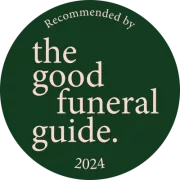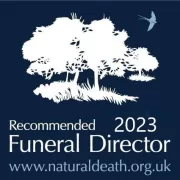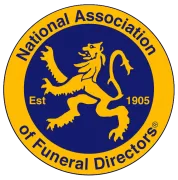Funeral related words we avoid and why
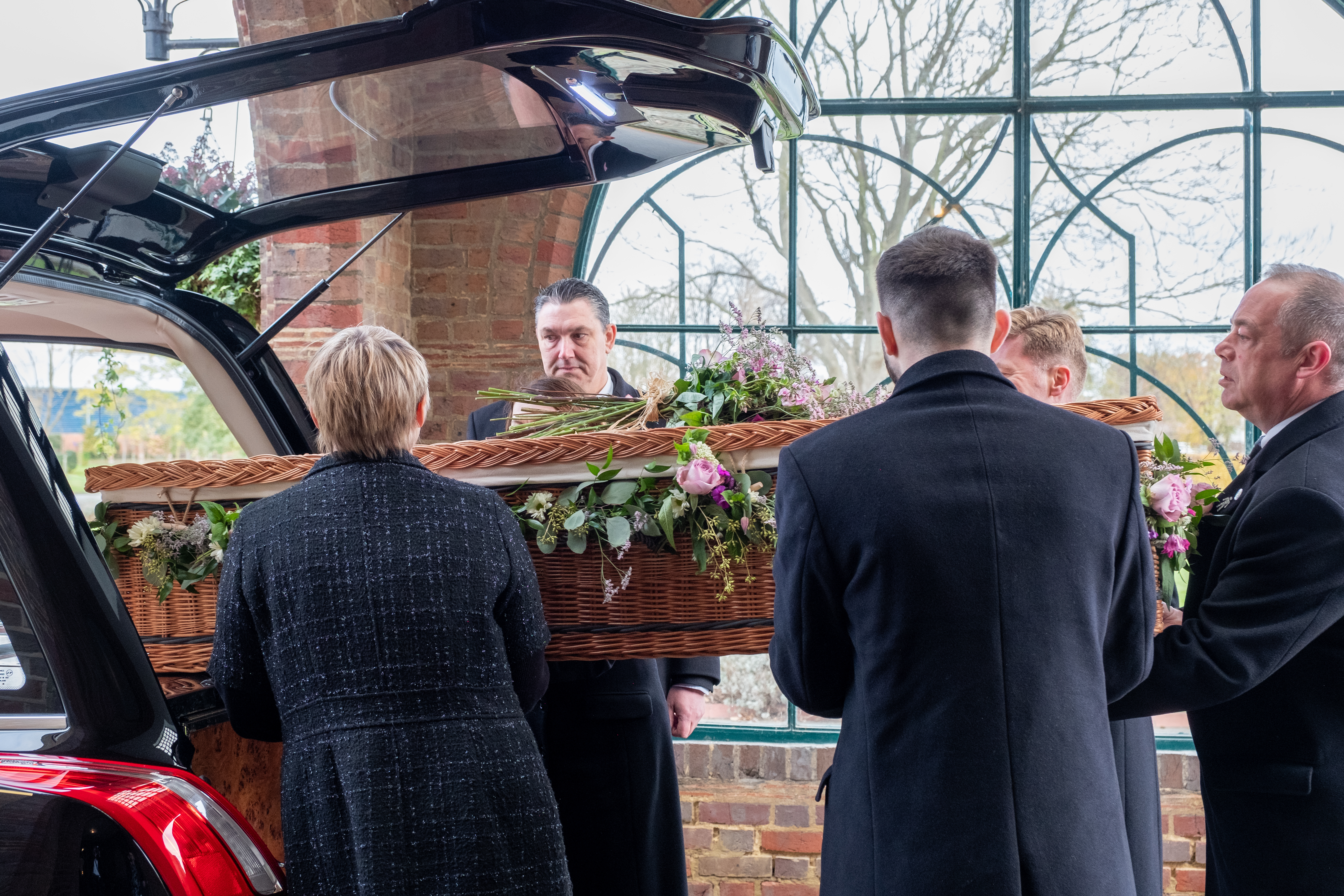
Photo taken as part of the Good Funeral Guide photo shoot
Organising a funeral is an incredibly sensitive and difficult time, and the language we use is crucial. Words can carry weight, especially during times of grief, so it is essential that we choose them carefully. We are always mindful of the words we use to ensure that they are comforting, respectful and clear. Here are some of the terms we avoid using, where possible, and our reasons for this.
Loved One
The term ‘loved one’ is often seen as a catch-all phrase, but it can feel impersonal. More importantly, it also assumes that the person who has died was universally loved, and we know that this isn’t always the case. Relationships are complicated and sometimes fraught with mixed emotions.
Instead of ‘loved one’ we will generally always use the person’s name, or we may refer to their specific relationship with you, such as ‘your mother’ or ‘your husband’. This approach allows the unique identity of the person to be honoured, and to acknowledge the relationship between those involved. When talking generally, perhaps on our website, we will use ‘the person that has died’ instead of ‘loved one’, again to reflect our understanding of relationships.
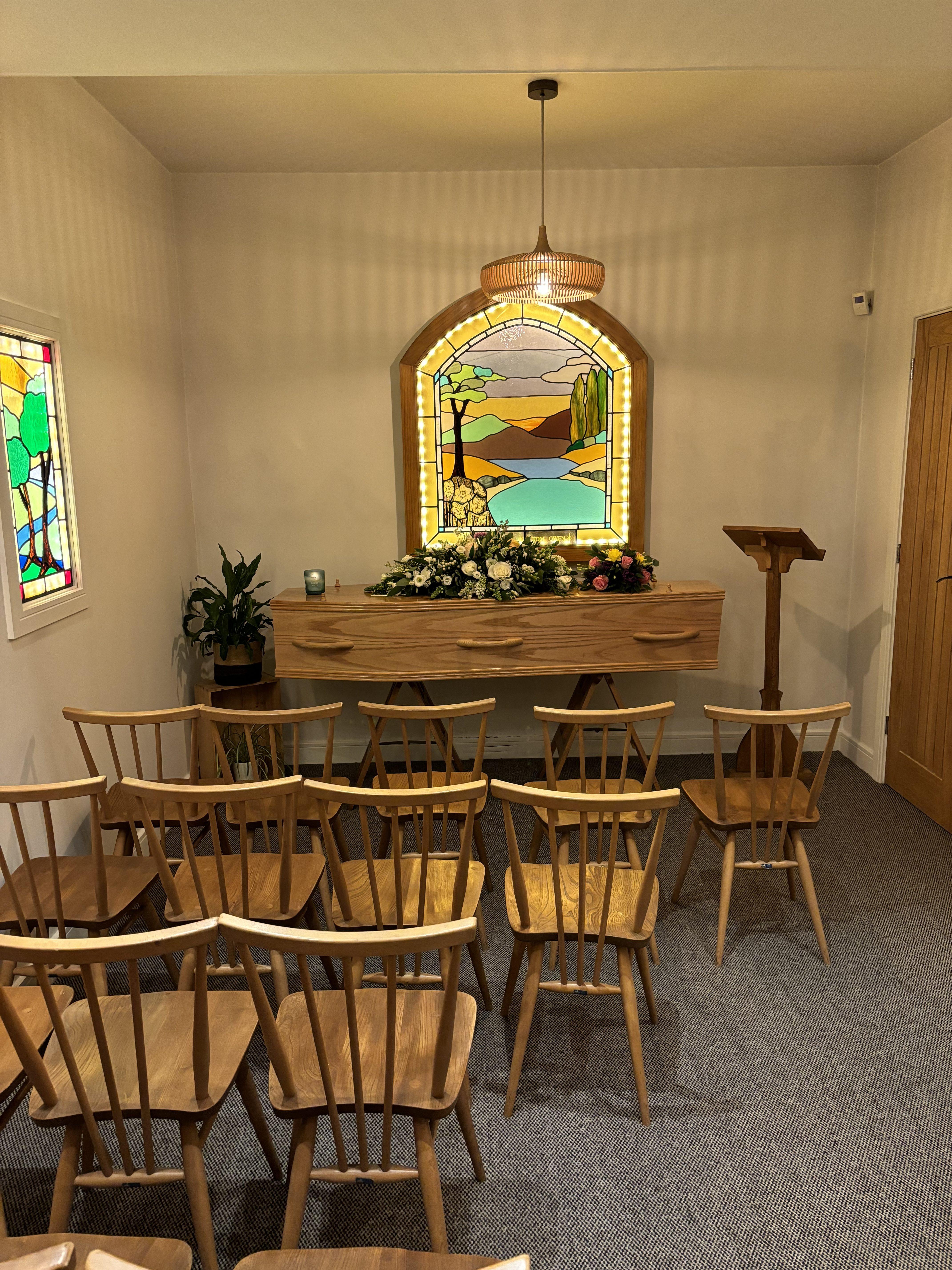
Visiting our funeral home in Llandudno
Viewing
The word ‘viewing’ sounds incredibly clinical and detached and focuses on the act of looking rather than the emotional experience of saying goodbye. Let’s face it, it isn’t a house or a car that you are coming to visit!
We use the word ‘visiting’ as we feel this emphasises the communal and supportive nature, and we understand that it can be a place where family and friends can come together to honour and remember the person that has died.
The Deceased
We believe saying that we will ‘bring the deceased into our care’ is very impersonal and cold, and focuses on the death rather than the life that was lived.
Instead, we always use people’s names on our estimates and invoices, which is more personal and compassionate and helps to keep the focus on the person.
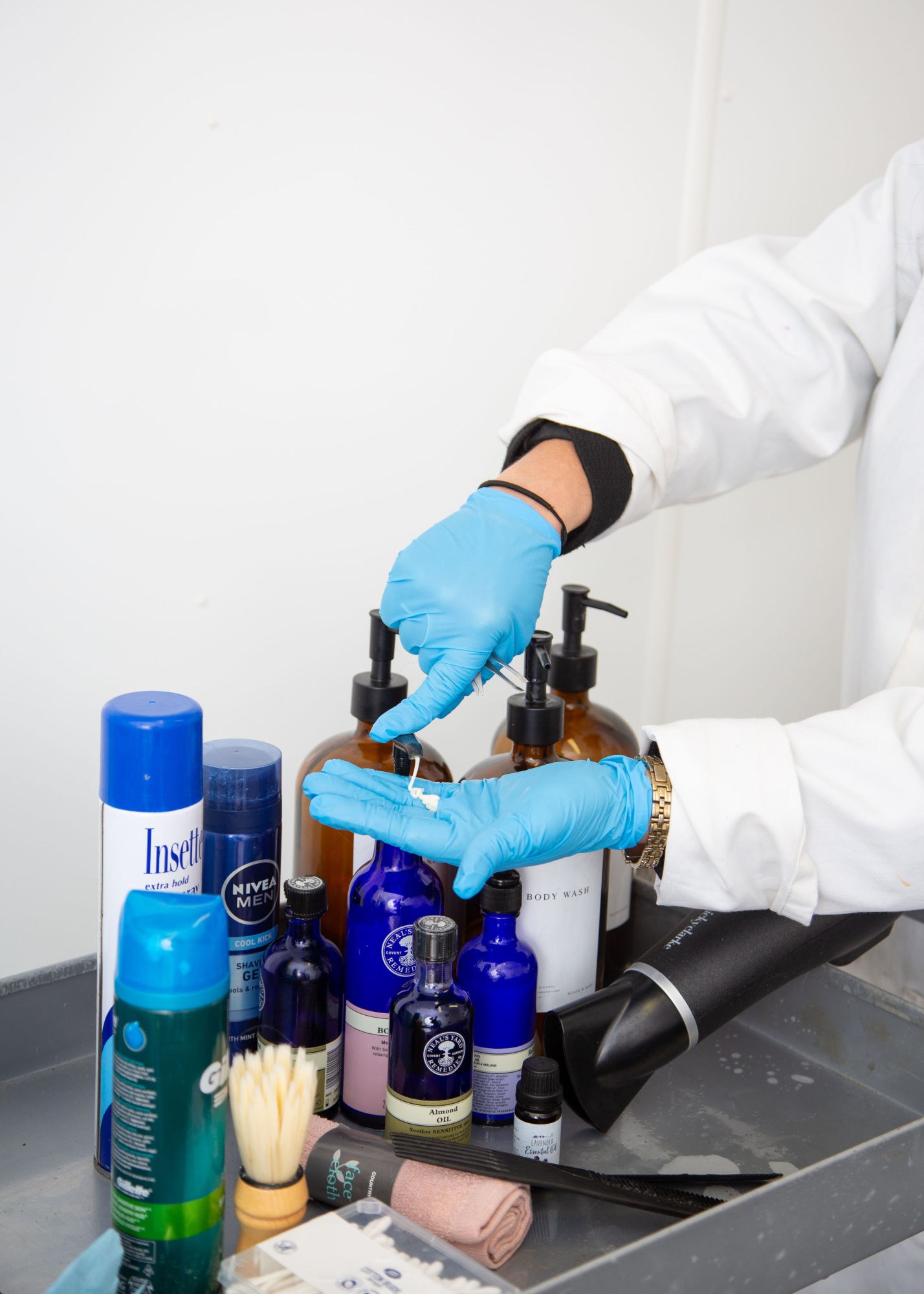
We use the phrase 'washing and dressing' rather than 'first offices'
First offices
The term ‘first offices’ is a rather antiquated term that is most likely unfamiliar to many people today. It comes across as obscure and confusing during a time when clear communication is vital.
Therefore, we will instead use the words ‘wash and dress’ which is a straightforward and respectful description of what we do. Additionally, we use a blend of essential oils rather than embalming (or hygienic treatment which is actually embalming, an invasive procedure to replace the bodily fluids with chemicals), which is a gentler approach.
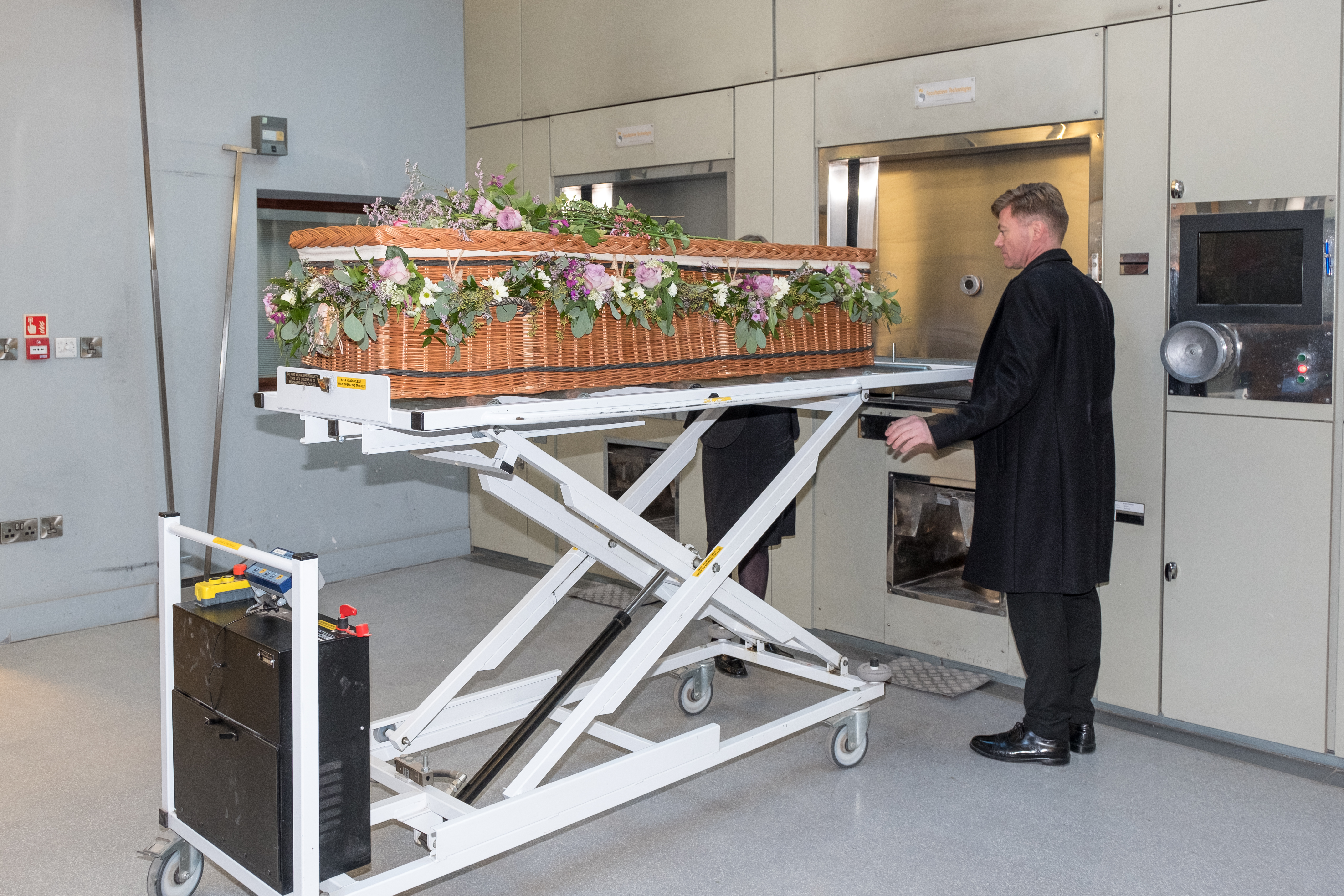
Image taken as part of a photoshoot with the Good Funeral Guide
Disposal
This is one of the most problematic terms, carrying connotations of waste. We believe it is totally inappropriate and disrespectful to the person that has died.
Therefore we will use the words ‘cremation’ or ‘burial’ as we feel these are more respectful and acknowledge the arrangements made.


